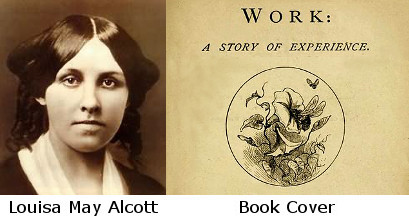John Lennon? Pablo Picasso? Carleton Noyes? Percy Mackaye? Dudley Crafts Watson? Agnes Snyder? Ricky Gervais? Anonymous?
Question for Quote Investigator: When a child is supplied with paint, clay, paper, and scissors he or she will experiment and construct images and figures. The artistic impulse is strong in the early years of life, but sadly it is often attenuated as a child matures. I believe that the prominent painter Pablo Picasso and the notable musician John Lennon both made statements on this theme. Are you familiar with these quotations?
Reply from Quote Investigator: John Lennon did mention children and art during an interview in 1969. Lennon was highly critical of many aspects of society during the colloquy, and he was asked about his alternative ideas for governance. Boldface has been added to excerpts:1
Just the idea that the individual is capable of looking after himself, that we don’t need centralized government, that we don’t need father-figures and leaders, that every child is an artist until he’s told he’s not an artist, that every person is great until some demagogue makes him less great.
Pablo Picasso died in April 1973, and a few years later in October 1976 a quotation about childhood and art was attributed to him in the pages of “Time” magazine:2
Every child is an artist. The problem is how to remain an artist once he grows up.
—Picasso
This citation was the earliest linkage to Picasso known to QI; however, the statement was listed without a source or context. QI does not know where the “Time” magazine writer found the quotation. Perhaps Picasso spoke or wrote it in French or Spanish originally.
The thesis of a universal though evanescent artistic temperament in childhood has been propounded for more than one hundred years. For example, in 1907 the art critic Carleton Noyes published “The Gate of Appreciation” which contained the following passage:3
The child is the first artist. Out of the material around him he creates a world of his own. The prototypes of the forms which he devises exist in life, but it is the thing which he himself makes that interests him, not its original in nature. His play is his expression.
But Noyes argued that the artistic instinct was usually lost as the child grew older:
Imagination surrenders to the intellect; emotion gives place to knowledge.
Gradually the material world shuts in about us until it becomes for us a hard, inert thing, and no longer a living, changing presence, instinct with infinite possibilities of experience and feeling.
Below are additional selected citations in chronological order.
Continue reading “Quote Origin: Every Child Is an Artist. The Problem Is How to Remain an Artist Once He or She Grows Up”


